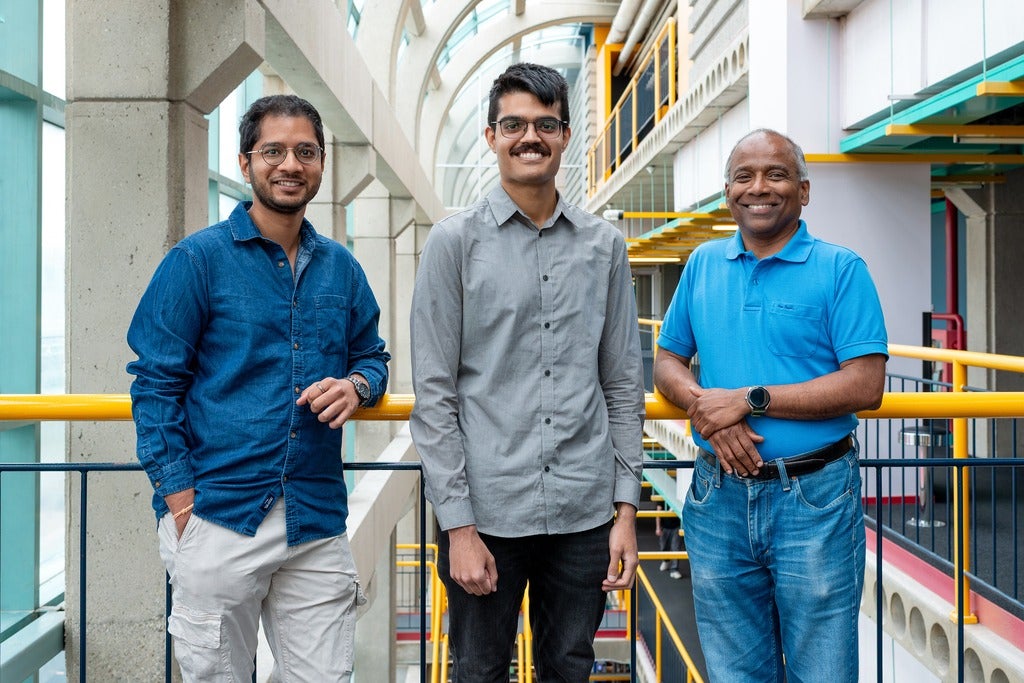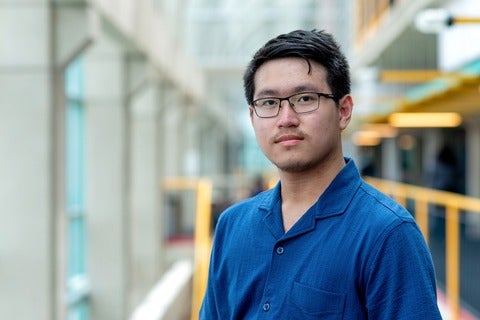Anudeep Das, Vasisht Duddu, Rui Zhang and N. Asokan win Best Paper Award at CODASPY 2025
Anudeep Das, Vasisht Duddu, Rui Zhang and N. Asokan have received the Best Paper Award at CODASPY 2025, the 15th ACM Conference on Data and Application Security and Privacy.
Their paper, Espresso: Robust Concept Filtering in Text-to-Image Models, introduces a new technique to improve the effectiveness, safety and reliability of generative AI systems that create images from natural language text prompts.









